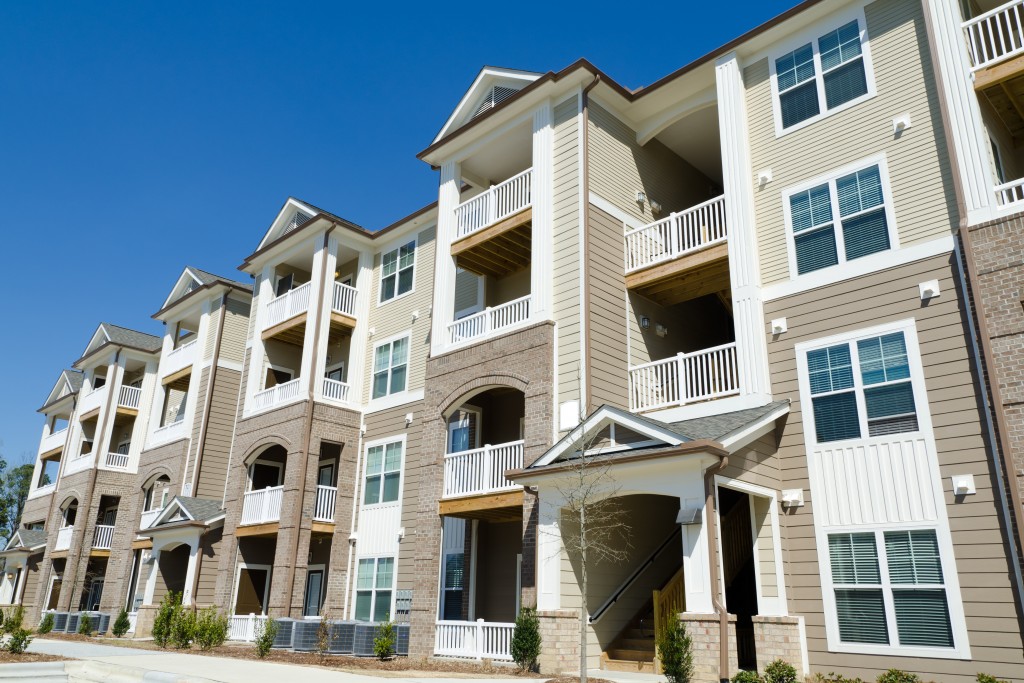Navigating the coronavirus pandemic has been tough for everyone, including rental property owners. With the real estate market facing a lot of uncertainty and rising vacancy rates, owners are desperate for ways to stay afloat.
There are several ways the COVID-19 pandemic has affected the rental real estate market. For one, physical viewings have been in a slump due to extended lockdowns and mobility restrictions. Moreover, the huge loss of income due to layoffs and company closures has led to a decrease in renters. Add to that the fact that many landlords were forced to reduce their rental rates or delay payments.
And while there has been some form of support and stimulus from the government, landlords still face huge income loss, one that would have ripple effects on their long-term bottom line. To somehow cushion the effects of the pandemic, property managers and owners are wracking their brains to reduce overhead costs and employ new strategies to stay profitable. Here are some measures that could potentially work:
1. Optimize your energy & water consumption
Do you have common areas and utilities that contribute to your overhead costs? Perform a thorough audit of your facilities to uncover potential savings. Reduce your energy bills by scheduling routine air conditioner maintenance and switching to more energy-efficient units and appliances. Have too many plants and trees to irrigate? Reduce your water consumption by installing drip irrigation or sprinklers with moisture sensors. Strip down to minimize heating or cooling and lighting in common areas during curfew hours, if you have any. If you’re still operating on incandescent bulbs, consider switching to more energy-efficient LED lights.
2. Start an incentive and referral program
If you’re struggling to find long-term tenants, it might be good to set up an incentivized referral program for current tenants who can refer someone. While this might cost a few extra dollars, it would be much less than what you’ll lose if a unit stays vacant for a long time. Plus, it’s a good strategy to have tenants who know each other and vouch for each other’s character. To make the referral incentive enticing, think of something that your tenants would appreciate, like a 20 percent discount on a month’s rent, a free gym pass for a month, or even a cash prize or gift certificate.
3. Offer virtual or video call viewings

One of the reasons many rental units go vacant is that there’s still a lot of community quarantines and travel restrictions in some areas. Some people would postpone viewings because they don’t have the time to get tested and get medical clearance to travel. In this case, technology is a landlord’s best friend. Update your listings and offer an option to do the viewings via video call or post a video of you touring the property and whatever additional services you provide.
Then, provide your contact details and keep your lines open. It would also be good to have a social media profile where potential tenants can contact you whenever they have any questions. And, of course, be friendly and responsive when engaging with them. The last thing you want is to leave a bad impression.
4. Take any help you can get
If you’ve had several delinquent tenants or tenants who are unable to pay full rent due to the pandemic, there are stimulus packages you might qualify for. Check with your local authorities and get in touch with your lender. Many lenders are willing to extend assistance to landlords who are close to defaulting. You can also check if there are tax incentives for you. Also, if you know about any tenant assistance programs, be sure to note this when advertising vacant units so you can attract tenants who might be qualified for these programs.
5. Plan and pivot your strategy
Even if you’re struggling right now, it won’t hurt to think ahead and explore growth opportunities. It’s more important than ever to adopt a growth-oriented approach to managing your rental property. What else can you improve in your property and your overall business operations? How can you deliver more value to your tenants? It’s been a challenging time, but there are things you can do to emerge from the crisis even stronger.
Rental property owners, especially those whose investment properties are their primary source of income, have been born the brunt of the coronavirus pandemic. If you’ve still managed to keep your business afloat, start regaining your foothold and growing your profit with these simple strategies.

